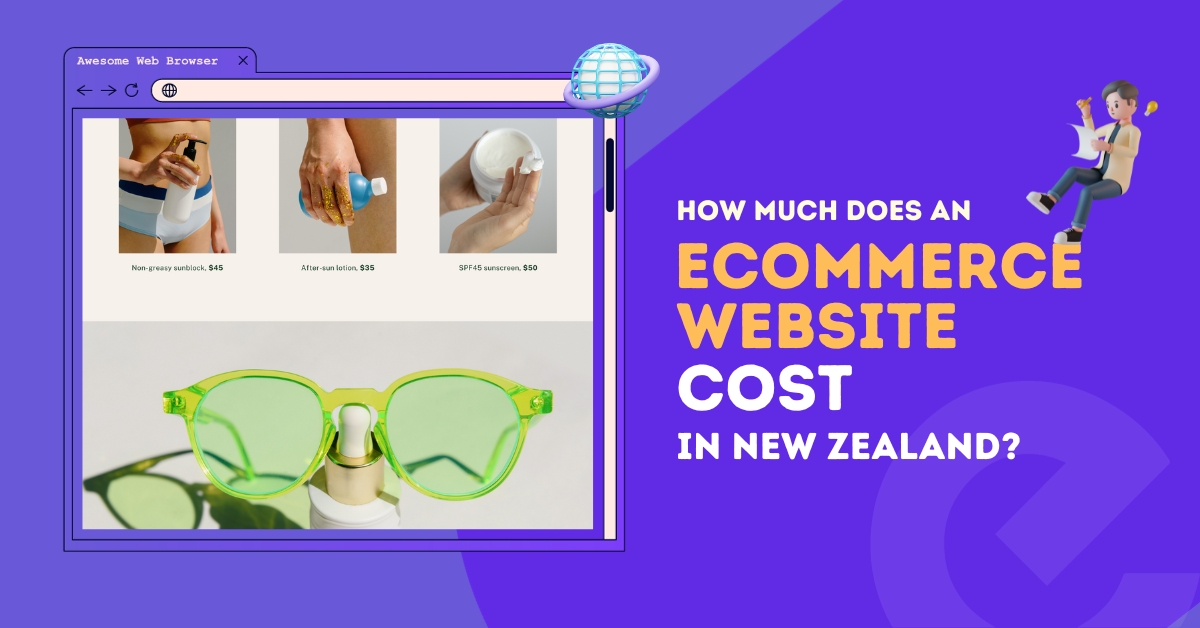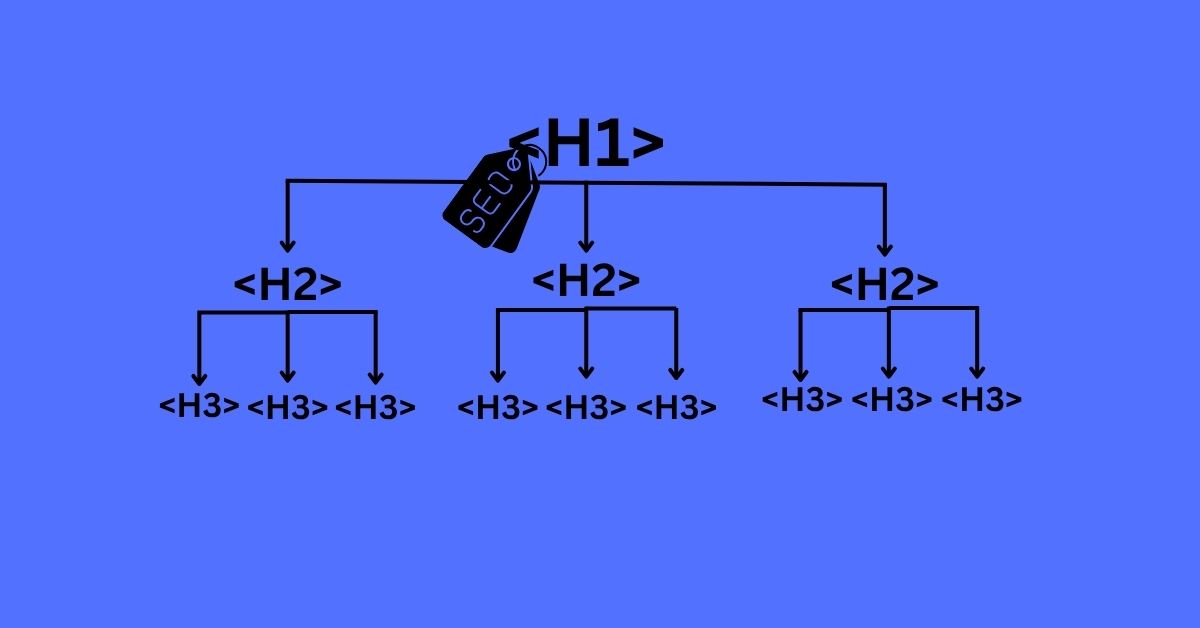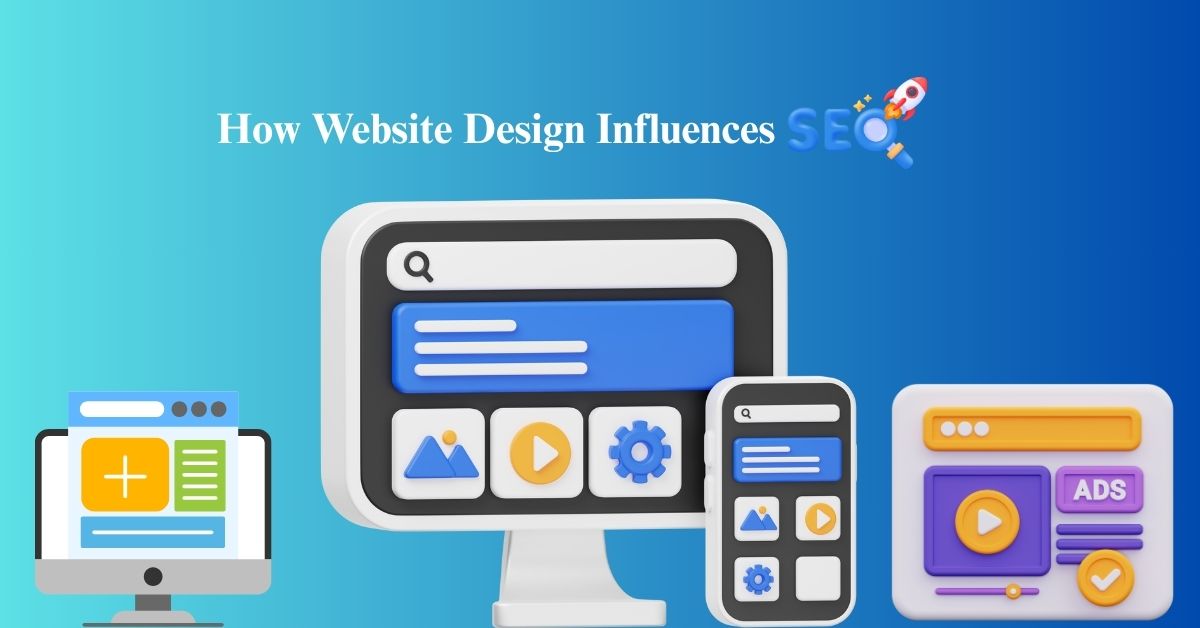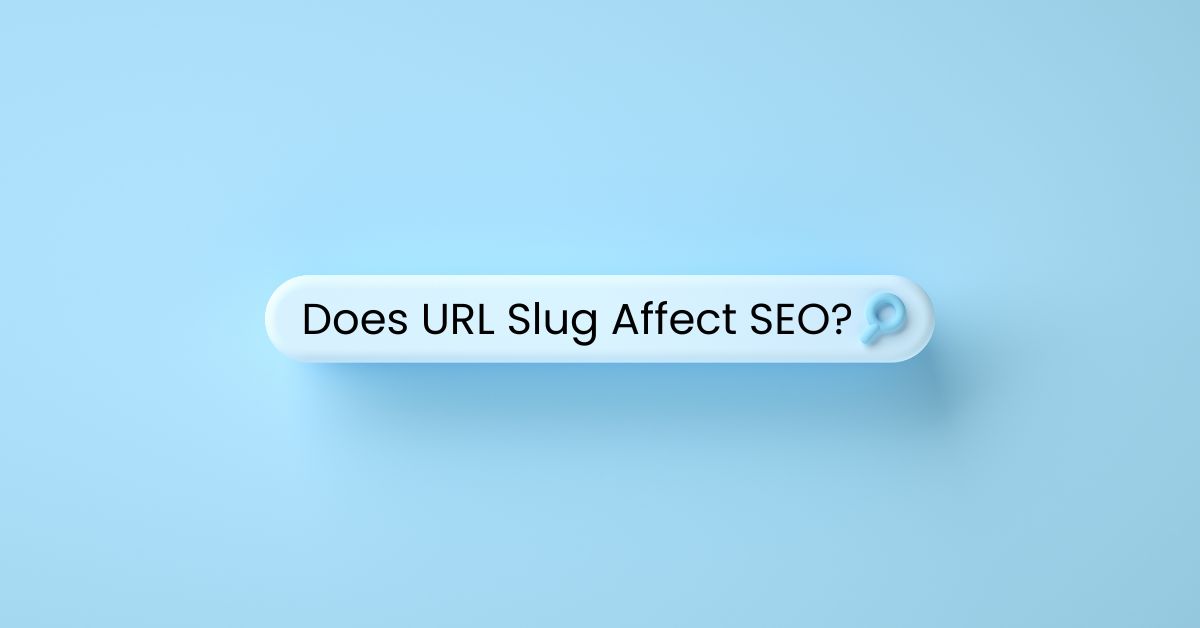
“eCommerce is all over the internet. Cool. But how much does it cost?”
We wish we could give a simple, straightforward answer to this.
But we can’t (even if we wanted to.)
The right eCommerce costs you just what you can afford.
Although the question, “How much an eCommerce website costs?” may not get you the answer you want, it’s the other one,
“How much should I invest in an eCommerce website that delivers results for my business?”
Thus, eCommerce isn’t just about online presence — it’s about creating a user-oriented, SEO-friendly, and conversion-focused website.
As easy as it sounds, it takes a ton of expertise and planning to execute it, which definitely comes at a price.
- The True Cost of an Ecommerce Website
- What’s The Average Cost of an eCommerce Website
- Template-based DIY Websites
- Custom eCommerce Development Services
- Why Invest in an Ecommerce Website
- What Decides the Cost of Your Small-Business Ecommerce
- Design Complexity
- Functionality and Features
- Responsive Design
- Content Creation
- Customisation and Integration
- Get Your eCommerce Website at the Best Cost
The True Cost of an eCommerce Website
Ask yourself if you need a simple, low-cost eCommerce design or a custom-made marketplace with thousands of products.
Afterall, you get what you pay for. So, the lesser the site design expenses, the more the potential for compromise.
No matter whether your business is big or small, also rethink the cost of lost revenue as a result of a poorly developed website!
A well-designed eCommerce WILL generate sales through traffic, leads, revenue for your business, and everything in between. Thus, the cost and benefits of ecommerce balance out perfectly.
If you start treating your eCommerce as an investment rather than an expense, these things would make more sense.
The question is, what would that investment be?
A. What’s The Average Cost of an eCommerce Website
In New Zealand, a custom small company website would cost between $1,000 and $10,000, depending on the features you desire and the size of your site.
Now that’s up to you if you want to hire your next-door coding junkie, or rather a professional Website Development Company in Auckland.
Both the parties will treat your project differently. If you know a simple Shopify eCommerce would do just fine, go ahead. The only thing you’ll miss out on is a hundred better upgrades, custom design and SEO.
Depending on what platform or eCommerce CMS you choose, here’s an overview of eCommerce development options.
B. Template-based DIY Websites
These eCommerce websites are a drag-and-drop game. Choose your template and your content, and you’re done. It’s great for businesses that ship locally and operate it even if you’re not that tech-savvy.
Premium website builders like Squarespace, WooCommerce and Shopify make for an ideal platform if you’re starting with eCommerce.
If you are singlehandedly managing everything, Shopify can help you integrate your business with its seamless platform, keeping tabs on sales, orders, and inventory.
The basic eCommerce website cost that Shopify claims is “little as $39 per month”, with a free SSL certificate.
This depends on the plan you select, and excludes SEO, additional plugins and the cost of content necessary to launch your eCommerce.
If you add plugins and themes, that’d cost you $100-$200 alone.
And here’s what you won’t get with a template-based website.
C. Custom eCommerce Development Services
Custom eCommerce development means making a website from scratch. It includes developing the design as per your brand and user requirements, which makes it unique.
There’s a reason why bespoke eCommerce websites perform.
A custom-made eCommerce doesn’t include any unnecessary codes and design elements, thus filtering out what you don’t need. With that said, you can align SEO and user-inspired content with your website.
Then again, you can upgrade your website from time to time whenever the need arises. For a custom-developed website, it’s best to consult an expert eCommerce development company.
In return for your investment in eCommerce, you can get:
- Sites built from scratch (not from a template)
- Content Management Software (like WordPress)
- Responsive design to make your website accessible from any device.
- Code optimisation for faster page loading
- A slideshow, convertible CTAs, a contact form, and social media buttons.
So, the answer is totally dependent on your requirements and how you go about completing the task. At the bottom end of the spectrum, you could design your website for nearly nothing.
A website developed by a Web Development Agency in New Zealand can cost you more. Yet, you can get the functionality, technical support, creative design and, most importantly, the results out of them.
Why Invest in an Ecommerce Website
Despite the competition, eCommerce has a promising future.
It’s doing everything a basic physical storefront does, only better — displaying products, handling orders, managing inventory, and keeping track of abandoned carts.
All of this simultaneously, 24*7.
On top of that, it’s become a great marketing tool on its own. With eCommerce SEO, retailers are getting more marketing-savvy.
From constantly tweaking their seasonal offers to generating buyer-specific content, it’s all working out in their favour.
If you happened to notice, it’s not replacing brick-and-mortar stores but complementing them in a way. 76% of shoppers claim to search for a local business online and visit the same day.
So, investing in eCommerce is a smart move as it improves how you do business — it’s a one-stop platform for selling, marketing and generating revenue.
What Decides the Cost of Your Small-Business Ecommerce
Not every eCommerce is the same, and neither is the cost.
Your nature of business and design preferences can impact the price. Still, with a reliable Website Development Company in Auckland, you can get the worth of your cost in a lesser time.
Here’s an eCommerce website development cost breakdown.
A. Design Complexity
The complexity of your eCommerce website’s design, including custom graphics, animations, page structures, and intricate layouts, can significantly impact the cost. More complex designs require more time and expertise.
B. Functionality and Features
The type and complexity of features and functionalities that you want on your website, such as e-commerce capabilities, user registration, hosting or custom plugins, can add up to your eCommerce development costs.
C. Responsive Design
Having a user-responsive website is essential so it can be accessed from various devices and screen sizes, which adds to the cost of a professional ecommerce website. It requires a consummate understanding of design and development integration that adapts to your content and layout.
D. Content Creation
eCommerce is nothing without content. With unique and relevant content, you can make your eCommerce website look more user-focused and engaging. Content includes text, images, videos, and graphics.
While it’s true that content rich websites garner more traffic, it’ll also add up to your costs. You can hire someone specialising in content, or rather an all-in-one eCommerce agency that can help you with that. Also remember that great content performs and can complement your SEO efforts.
E. Customisation and Integration
Custom coding, third-party integrations, API (Application Programming Interface), and unique functionality that’s tailored to your specific needs may increase the cost. These customisations require additional development time and expertise.
Get Your eCommerce Website at the Best Cost
When you choose the right eCommerce agency for your business, you can get a website that performs for you. Over time, there’s a lot more you can do — entrust your online sales to your website and expand your business at the physical level.
And as cliché as it sounds, a great eCommerce makes money while you sleep. And that’s what you want!
The Tech Tales is one of the Top Web Development Companies in New Zealand that has developed more than 100 eCommerce websites for leading global brands.
With our experience of 15+ years in web development and eCommerce design, we provide custom-built, scalable solutions for every business.
Get in touch with us for your eCommerce needs today, and our expert team will get back to you 🙂
Happy Selling!





